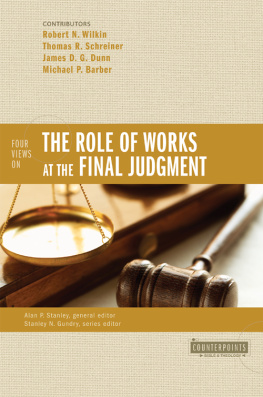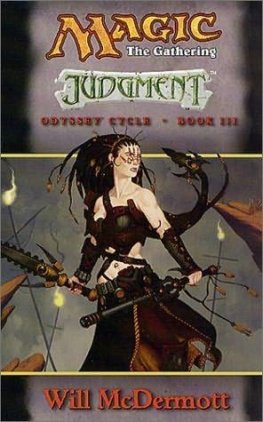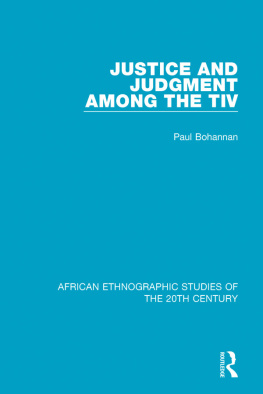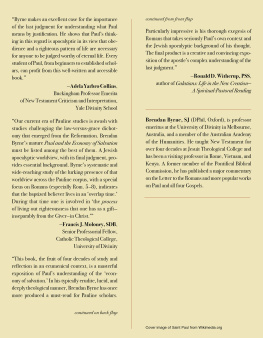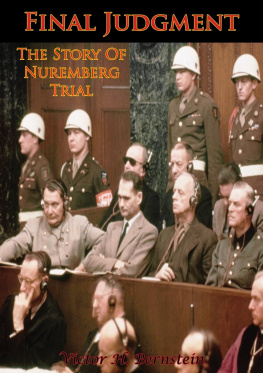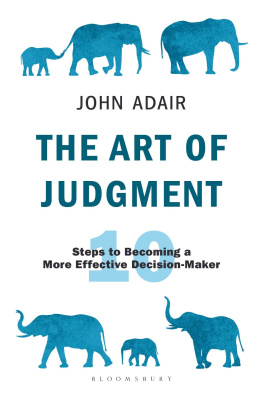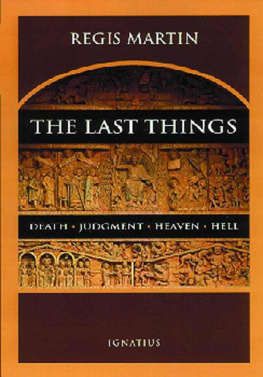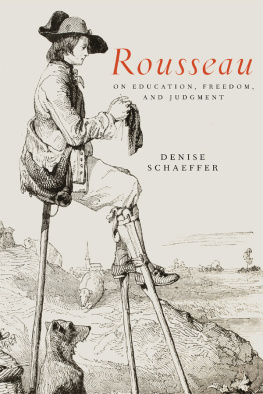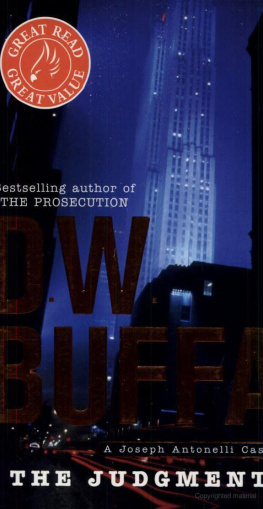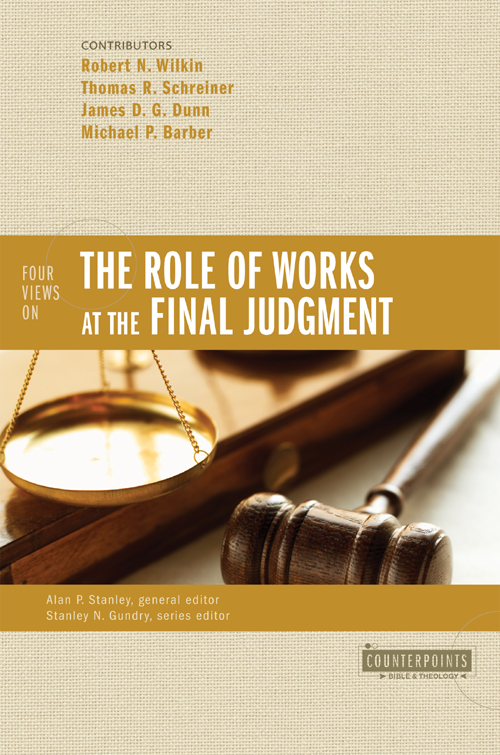Robert N. Wilkin
Thomas R. Schreiner
James D. G. Dunn
Michael P. Barber
Alan P. Stanley, general editor
Stanley N. Gundry, series editor
ALAN P. STANLEY
I ts the end of time, the place is heaven; the scene resembles a courtroom. Front and center is a great white throne, unapproachable, encircled by a multifaceted display of shining and sparkling jewel-like colors. An exceedingly powerful electrical storm emerges from the throne; flashes of lightning and peals of thunder produce an audio-visual display out of this world. Ineffable heavenly beings surround the throne spellbound, enthralled, fascinated, awestruck, captivated, mesmerized by the holy one seated on the throne. Others too, worship without hesitation, adoring the incomparable worth of God, the King of the universe.
The Judge appears in glorious splendor. He is powerful, majestic, beyond description, awesome, and dressed in a long robe with a golden belt circling his chest; his head and hair are white as snow, his eyes blazing like fire, and his feet shining like fine bronze in a furnace. He speaks. His voice is like the sound of a great waterfall. In his right hand he holds seven stars. A sharp, two-edged sword protrudes from his mouth, and his face blazes like the sun.
Heaven and earth flee from his presence. But the dead, great and small, stand before the throne, where very thick books lie open. Another book, the book of life is opened. And the dead are judged according to the information in the books.
This is the final judgment, commonly known as the Great White Throne Judgment (Rev. 20:1115). It is the last and final act of history before God dwells with his people forever. We may disagree on other things, but all agree that this is the final judgment.
Judgment in Scripture
Judgment in the Old Testament
That God is the rightful Judge of all the eartha stalwart of the biblical story from the beginning (e.g., 16:5; 31:53). God will bring into judgment both the righteous and the wicked, for there will be a time for every activity, a time to judge every deed (Eccl. 3:17). No one will be exempt; the Lord will judge the ends of the earth (1 Sam. 2:10; cf. Gen. 18:25; 1 Chron. 16:33) according to peoples works (e.g., Job 34:1011; Ps. 62:1112; Prov. 24:12; Isa. 59:18; Jer. 17:10; 32:1819; Ezek. 24:14; Hos. 12:2), bringing every deed into judgment, including every hidden thing, whether it is good or evil (Eccl. 12:14).
Will not the Judge of all the earth do right? (Gen. 18:25). Yes, he will. He will judge with justice and equity (Pss. 9:8; 72:2; 75:2; 96:10), which means the wicked will not stand in the judgment (Ps. 1:5) and the righteous will sing before the Lord (98:9). As for when this will happen, God has chosen the appointed time (75:2); that day belongs to the Lord (Jer. 46:10). But God will save his people. For the Lord is our judge, the Lord is our lawgiver, the Lord is our king; it is he who will save us (Isa. 33:22). Since Israel will sing on that day, they could sing in their day (Ps. 75).
Judgment in the New Testament
The New Testament similarly declares that God has set a day, or so variously called (Acts 17:31; cf. Matt. 8:29; Rom. 2:16; 1 Cor. 4:5; 2 Tim. 4:8). It is the last day (John 12:48), the day of judgment (Matt. 10:15; 11:22; 12:36; 2 Pet. 3:7; 1 John 4:17; cf. 2 Pet. 3:12), when God will judge the world (Acts 17:31; Rom. 3:6). But there is an advance on the Old Testament. This day has come closer. The ax is already at the root of the trees (Matt. 3:10). The hour has already come (Rom. 13:11). The end of all things is near (1 Pet. 4:7). Hence, the Lord is ready to judge the living and the dead (1 Pet. 4:5).
But theres more. God has selected a man to carry out his judgment, the man he has appointed. Whats more, he has given proof of this to everyone by raising him from the dead (Acts 17:31). The man is, of course, Jesus Christ. Thus, the Father judges no one, but has entrusted all judgment to the Son. And he has given him authority to judge because he is the Son of Man (John 5:22, 27). Christ Jesus, therefore, will judge the living and the dead (2 Tim. 4:1), though not independently of the Father (John 5:30). Judgment, therefore, will not be left up to any human court (1 Cor. 4:3). We must wait until the Lord comes (4:5). But we must be clear on this: There is only one Lawgiver and Judge, the one who is able to save and destroy (Jas. 4:12).

